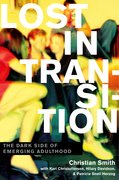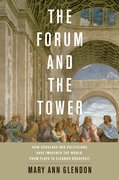By Christian Smith
There was a time in American culture, only a few generations ago, when religious differences were major. Baptists were not Methodists, and both were definitely not Presbyterians. Catholics were absolutely not Protestant, and Protestants doubted that Catholics were even Christians. Jews and Mormons were whole other species. Non-religious Americans were beyond the pale. And Muslims, Buddhists and Hindus were heathen living in faraway places. The problem with that world, we now see, was the destructive bigotry, misunderstanding, conflict and sometimes hatred that went with it. Let us call that world one of sectarian conflict.













